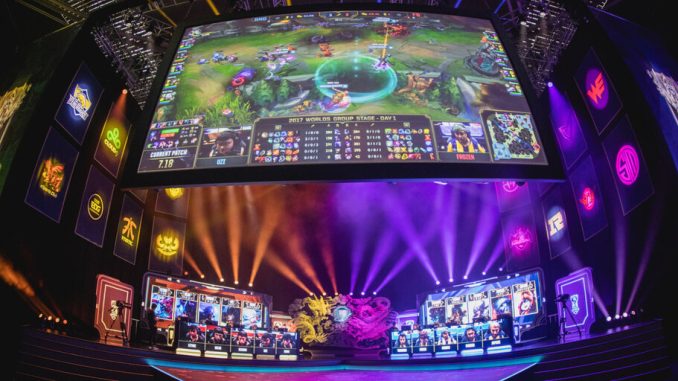
Responding to a flood of criticism over the alleged use of AI in a League of Legends video announcement, Riot Games said on Wednesday that the voice-over issues were not due to the use of AI but rather due to a lack of “proper direction” given to the human voice actor.
Riot Games, when Decrypt inquired, pointed to a post on the League of Legends Wild Rift Twitter account that provided an update on the situation.
“Hey everyone, a few days ago we released a Sivir tutorial video to showcase to our players,” Riot Games said on Twitter. “In the video, we did not give proper direction to our voice actor, leading to the mispronunciation of Sivir’s name. This is on us, and we will make sure things like this don’t slip through the cracks in the future.”
The drama started on November 23, when the League of Legends Wild Rift account posted an announcement video focused on the game character Sivir, which the voiceover pronounced as “severe.”
“Could have hired any of the iconic, talented voices working on Wild Rift or League Of Legends for the voiceover,” Korizon Esports co-founder Ashley Kang responded on Twitter. “I would have preferred it and felt more engaged watching this.”
“How’d y’all let this slide when the AI pronounces the champ’s name wrong?” Galint Gaming founder and CEO Kevin Dhir said.
Launched in 2009, League of Legends is a multiplayer online battle arena (MOBA) game. A popular game in eSports, League of Legends was the favorite of fallen FTX founder and former CEO Sam Bankman-Fried.
In October, according to documents in the Bankman-Fried conspiracy and fraud trial documents, FTX signed a seven-year deal to sponsor the League of Legends Esports series in an agreement worth $100 million in August 2021.
Much like NFTs before it, gamers have pushed back on the idea of using generative AI in games. Game developers, however, have begun to embrace the emerging technology. Studios using AI in games include Ubisoft, Microsoft, Activision Blizzard, Square Enix, Roblox, and NCSoft.
Earlier this year, Activision announced it would leverage AI to monitor chat in Call of Duty games to combat toxic behavior.
“This new development will bolster the ongoing moderation systems led by the Call of Duty anti-toxicity team, which includes text-based filtering across 14 languages for in-game text (chat and usernames) as well as a robust in-game player reporting system,” Activision said in a statement.
Edited by Ryan Ozawa.






Be the first to comment